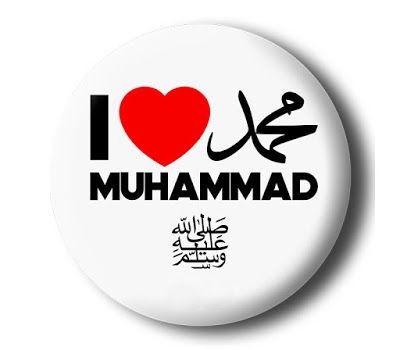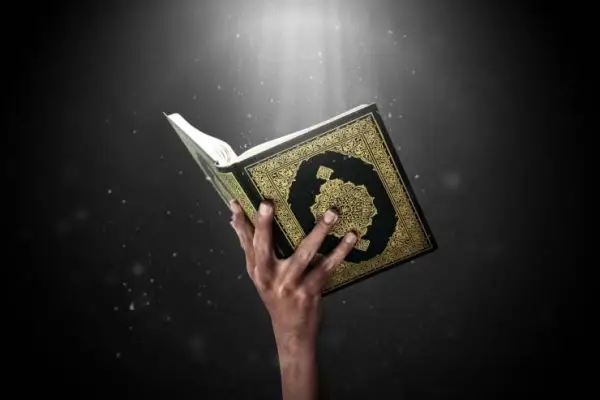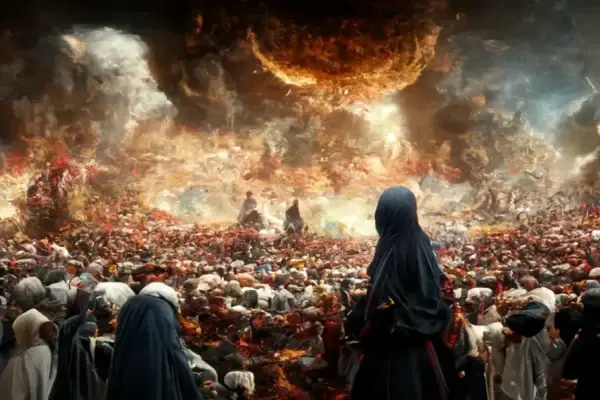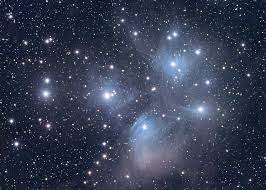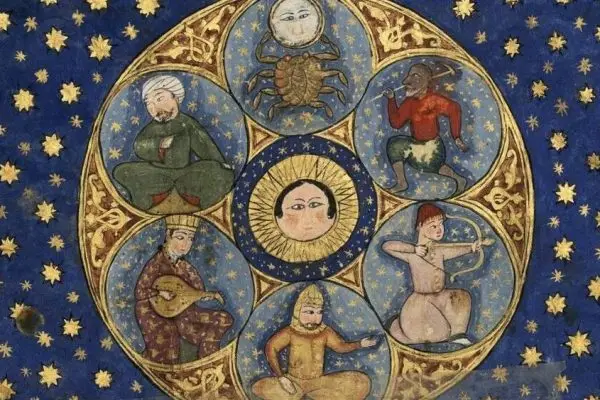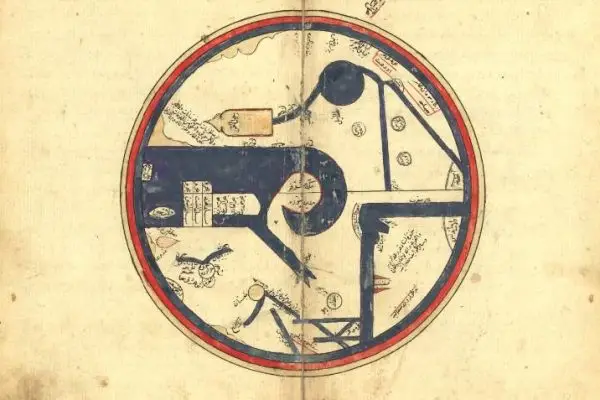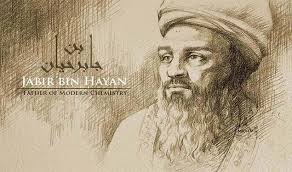
Islam as the Father of Modern Science: How Islamic Innovations Shaped the European Renaissance and Modern Scientific Methods
During the Golden Age of Islam, Muslim scholars made groundbreaking advancements in various scientific fields, laying the groundwork for modern science. Their contributions in mathematics, astronomy, medicine, and chemistry, supported by the Quran and Hadith’s emphasis on knowledge, significantly influenced the development of scientific principles and methodologies that shaped the modern world. The translation of Arabic texts into Latin during the European Renaissance further disseminated this knowledge, catalyzing scientific progress in Europe and beyond.





